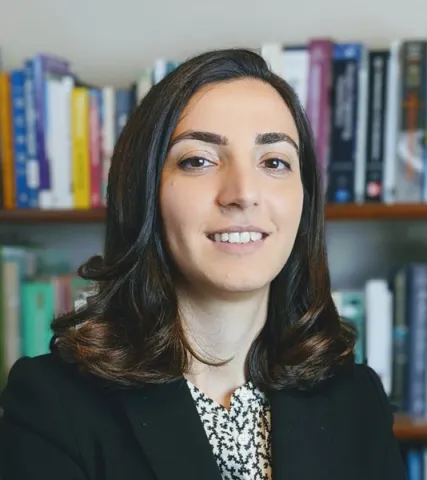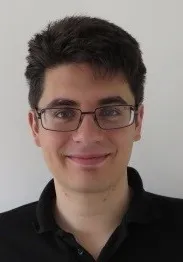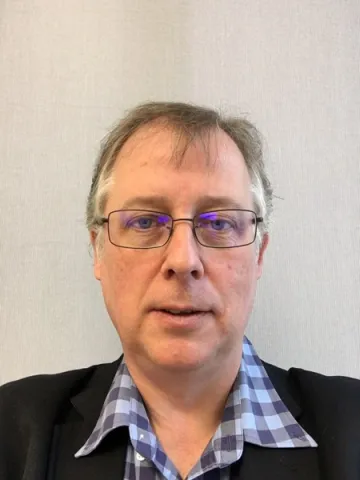About the project
As a research project within the Doctoral Centre for Advanced Electrical Power Engineering this thesis will investigate the design of high-power density cables for the next-generation electrified aircraft.
The global push for Net Zero aviation by 2050 demands unprecedented innovation. From electric propulsion to reimagining aircraft design, your contributions could revolutionise the skies, advancing sustainable solutions for a zero-emission future.
You will research cable technologies to support new propulsion architectures, including both parallel and series configurations, for short and long range electrified aircraft. High fidelity simulation tools will be adopted to analyse key performance metrics across different cable designs and materials, factoring in unique operational requirements for both AC and DC systems. You will be conducting experiments in our world-leading research facility, Tony Davies High Voltage Laboratory. For AC cables, you will focus on thermal management and minimising partial discharge risks, which are critical in high-voltage environments, while ensuring insulation durability under fluctuating power loads. In DC cables, this research emphasises optimising managing heat generation to prevent arc faults and ensure safe, continuous power flow.
When considering electrical power sources such as fuel cells, which provide steady power, cables must excel in thermal management and arc prevention over extended operation. In contrast, battery systems require cables that can handle high peak currents and rapid discharge cycles. By rigorously modelling these variables, we can identify and develop cable technologies that enhance efficiency, safety, and power density for electrified aircraft.
We are seeking candidates from diverse science and engineering backgrounds who are eager to engage in modelling and experimental research as part of their PhD studies. Training will be provided to work in the high voltage laboratory.


